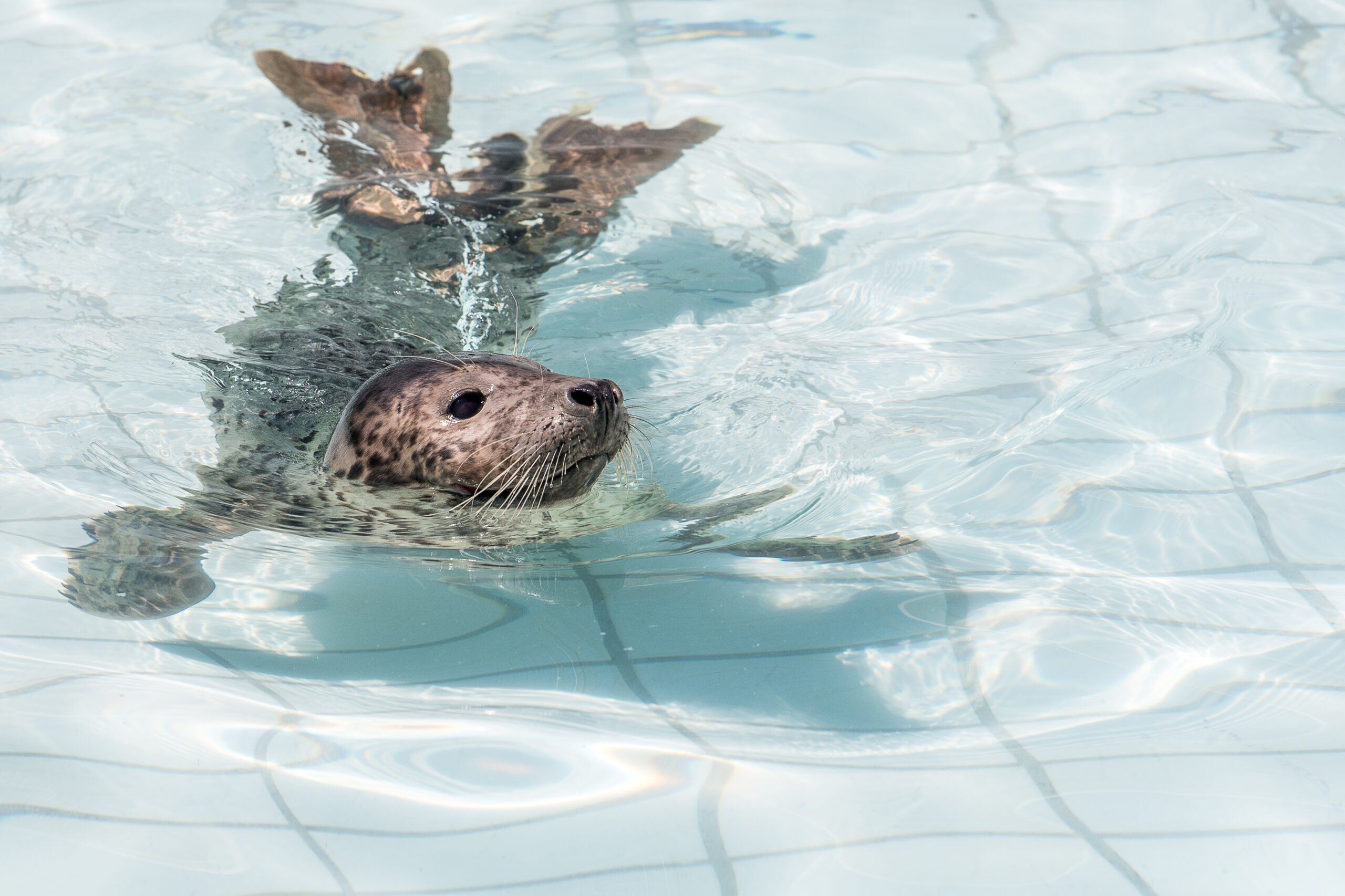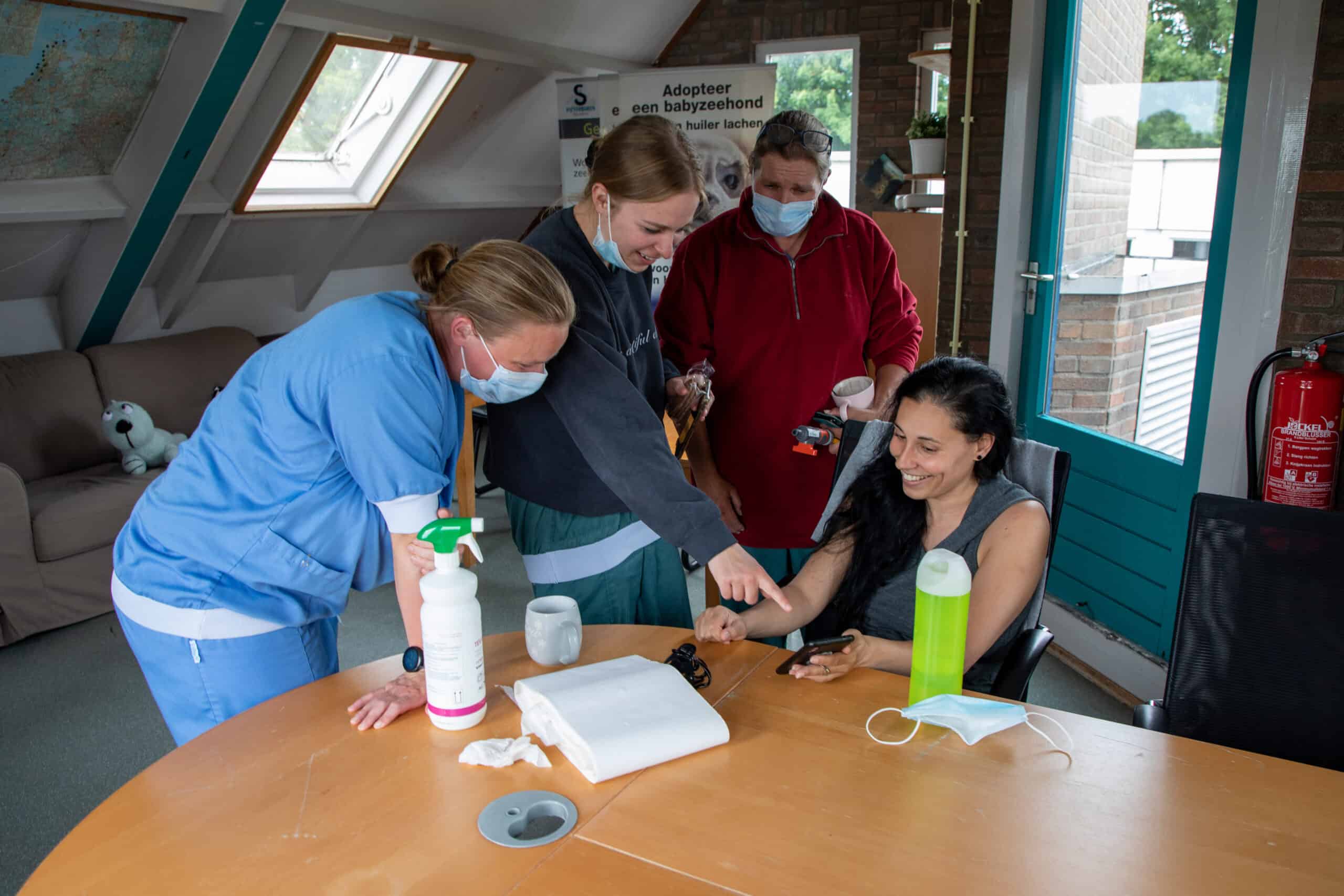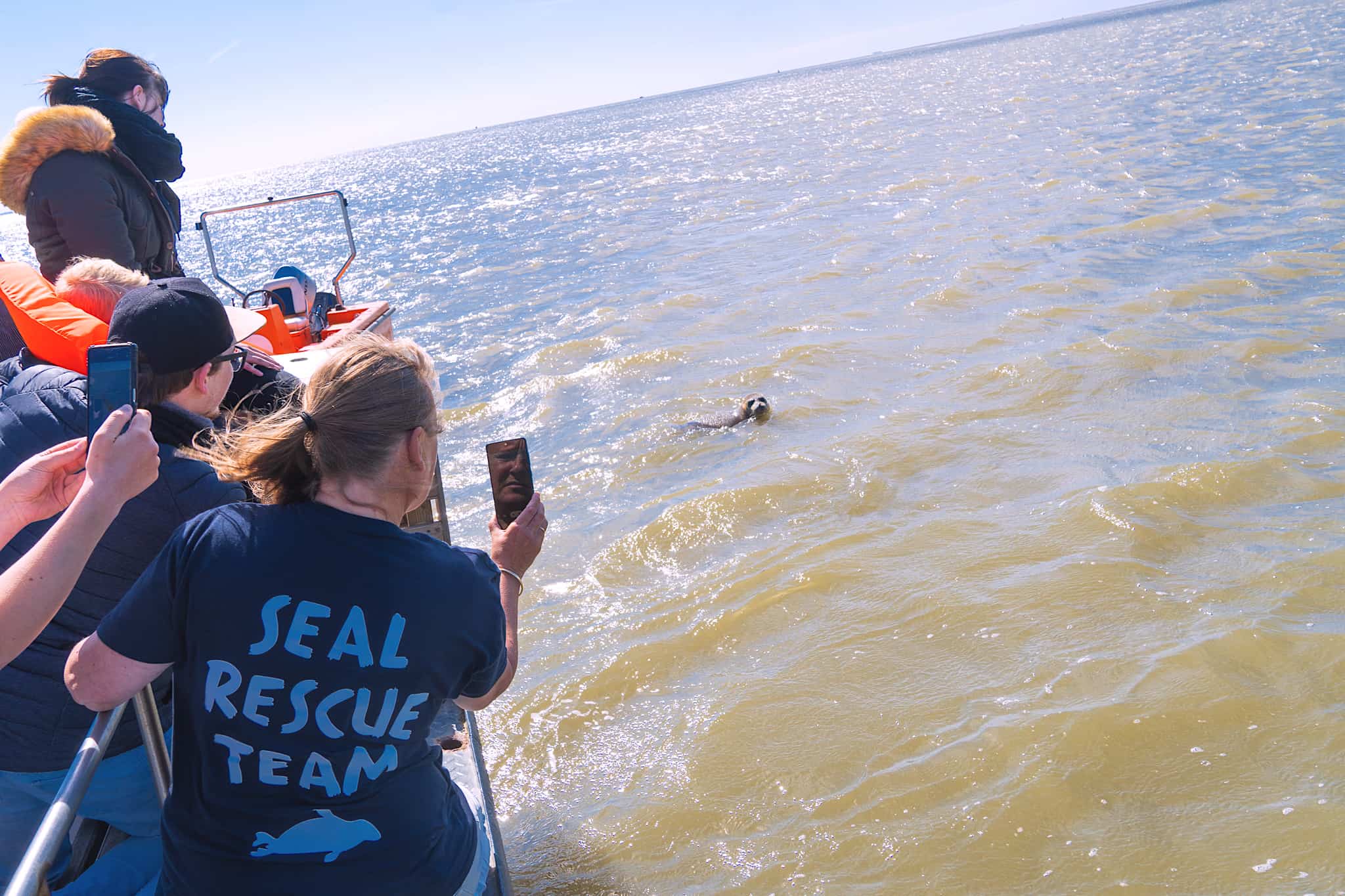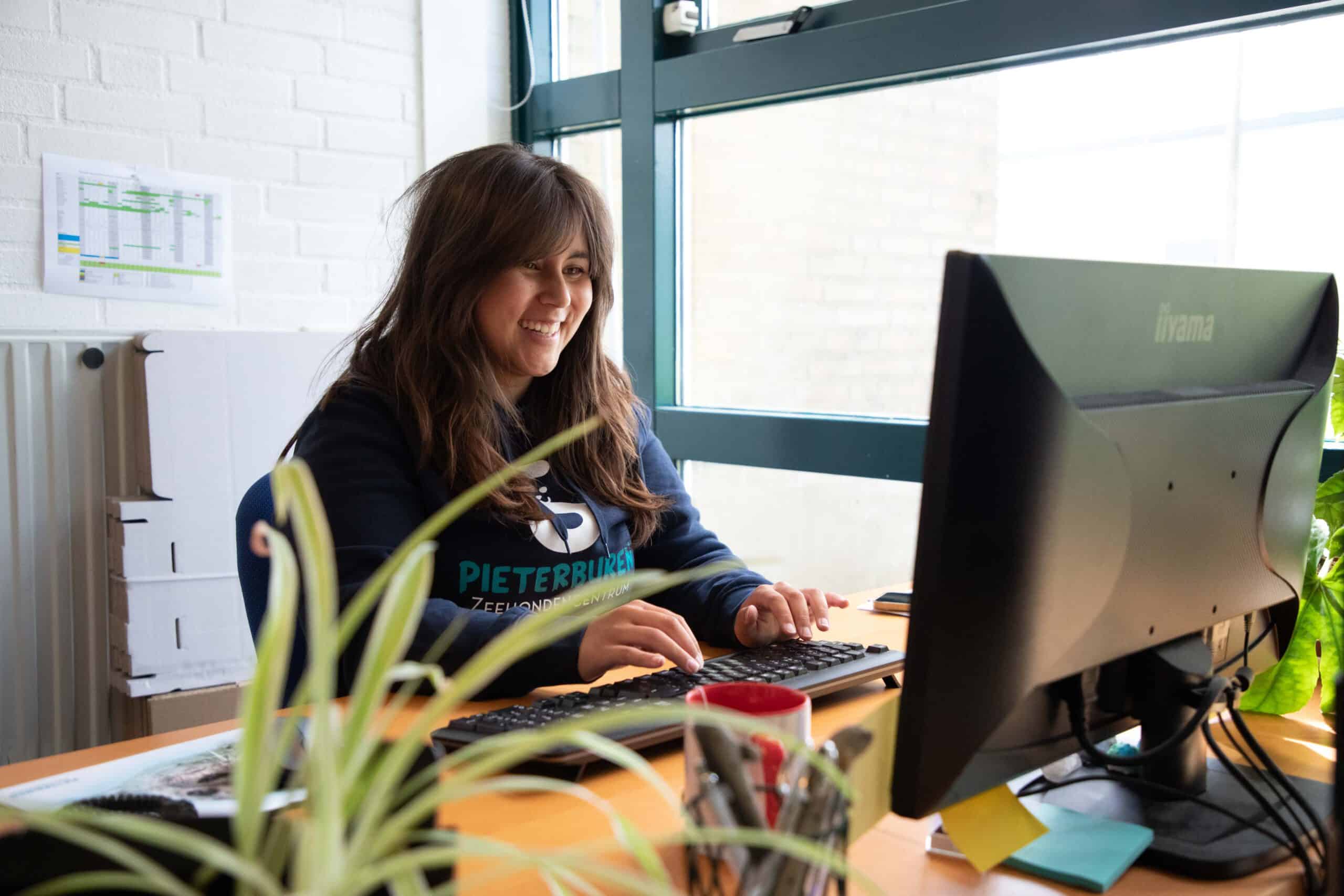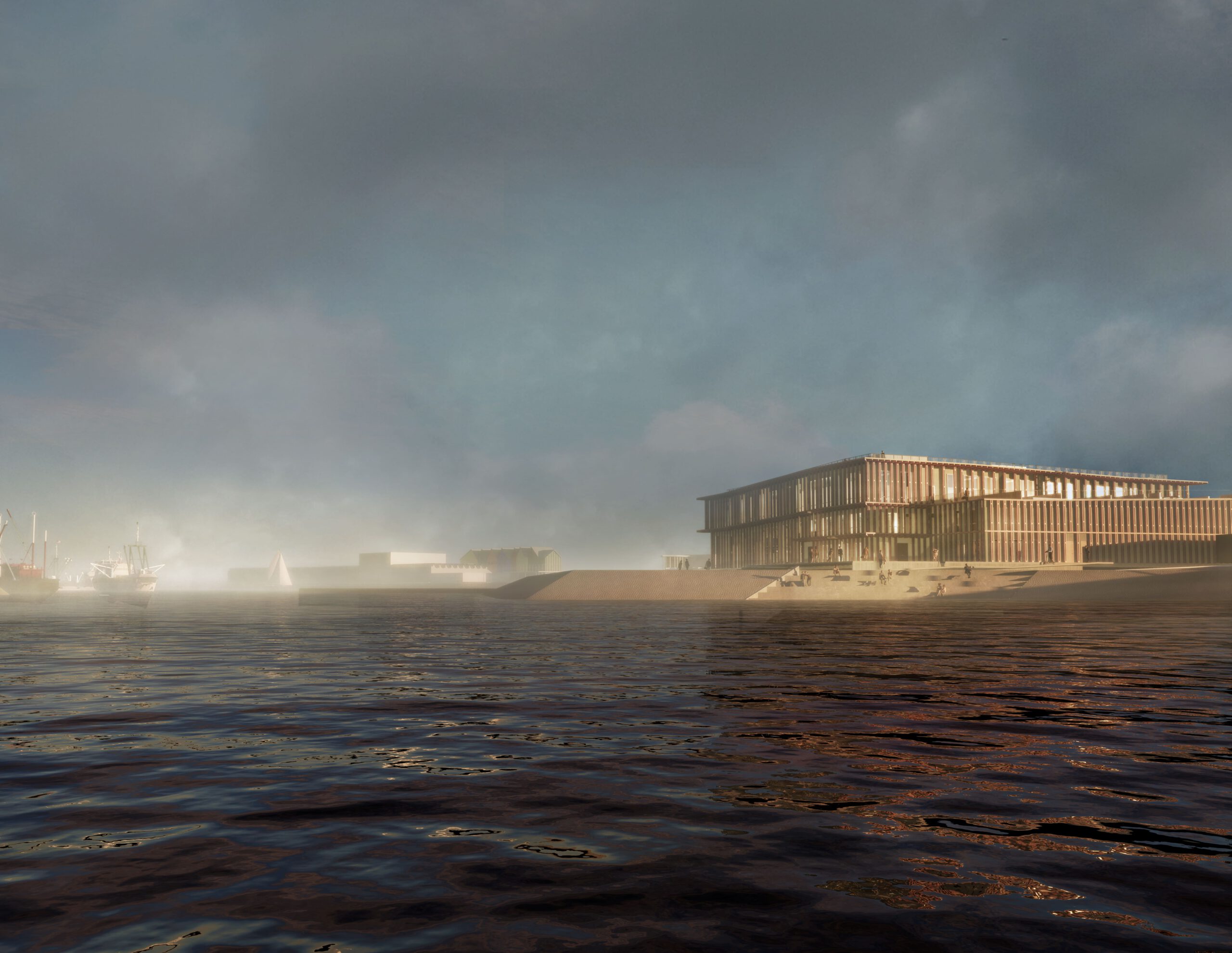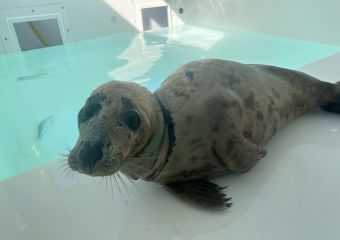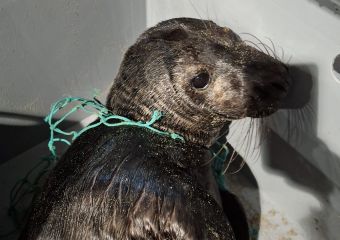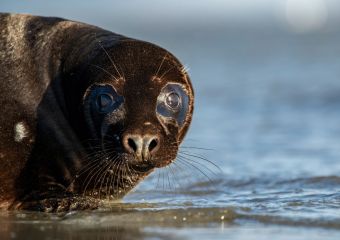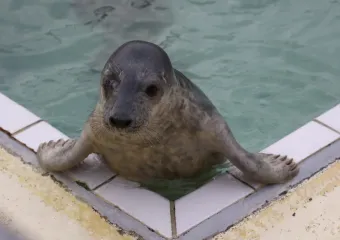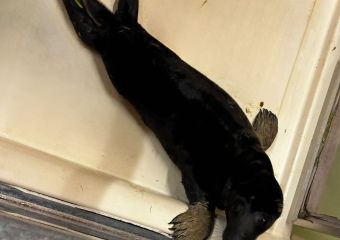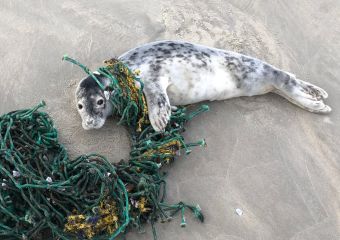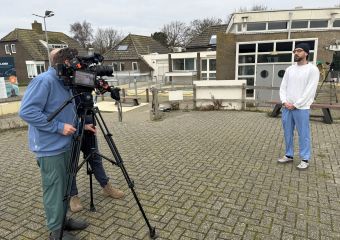About the Seal Centre
We will make every possible effort to prevent seals from getting into trouble. If, in spite of our efforts, a seal ends up in distress, it will receive care, partly behind the scenes, and partly visible to our visitors.
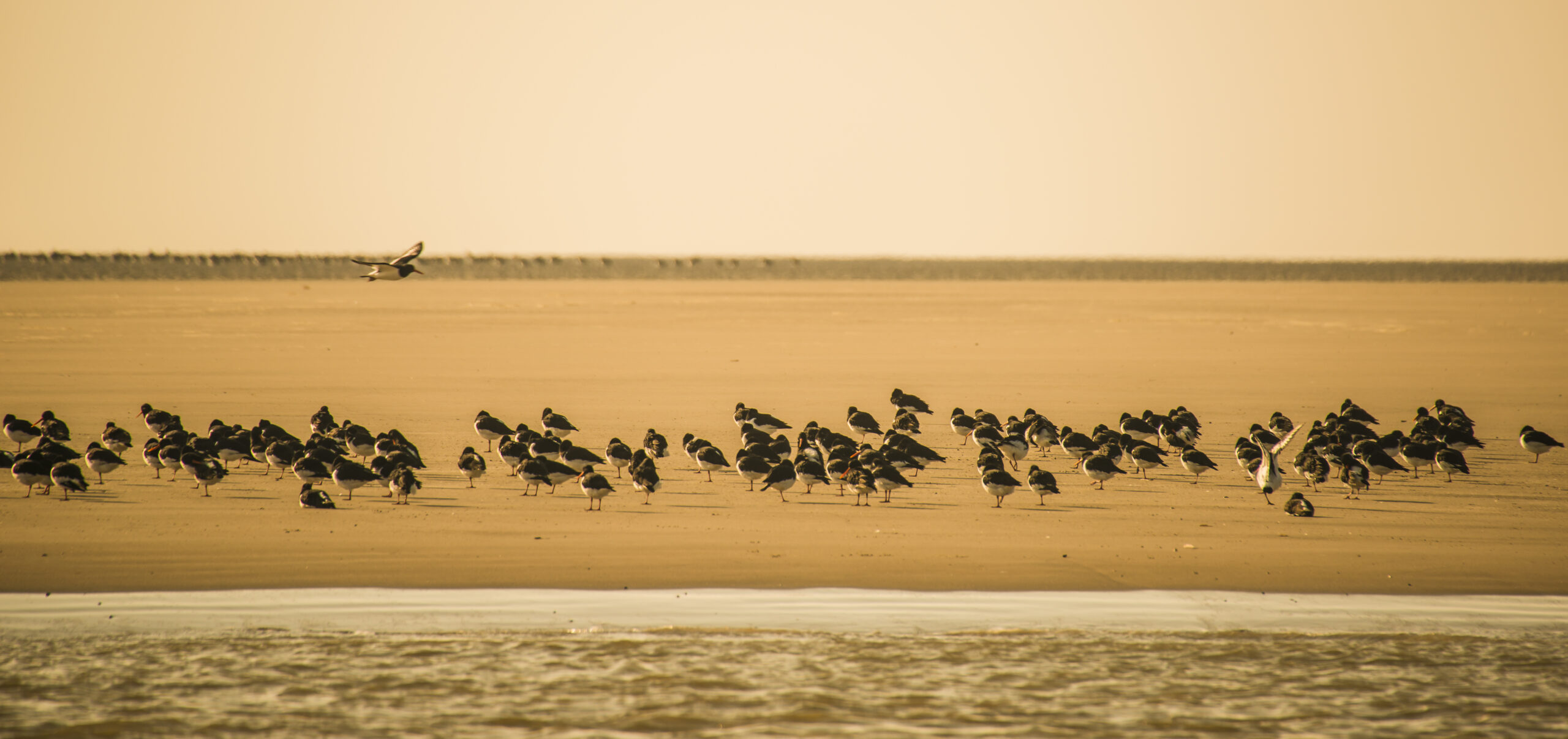
What we do
There is no other place in the Netherlands where an international campus for students and scientists, emergency shelter for wild animals, scientific research, and visitors come together in this way. Our approach and working method are unique. And we do this without subsidies or government support: we are completely dependent on donations, gifts and entrance fees. We are so very grateful for that support!
The team
Our team is our driving force. From specialist veterinarians and experienced seal nurses to international volunteers and passionate staff in our visitor centre. Don't forget the people behind the scenes!
Since 1971
Seal Centre Pieterburen has a rich history. Lenie 't Hart started the Seal Centre in Pieterburen over 50 years ago. She did that with a tub dug into her garden. We have since grown into the most advanced seal hospital in Europe and an international knowledge institute with more than 40 employees.
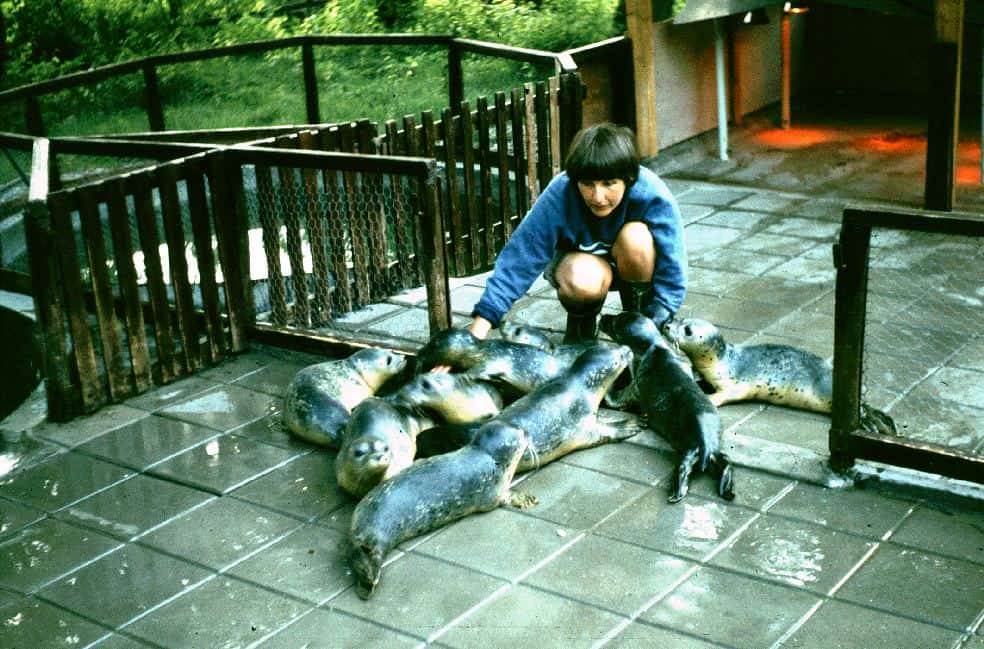
Working hub of the Wadden
Seals are at the top of the food chain in the Wadden Sea. This makes seals an indicator for the health of the area. If the seal populations are healthy, we can assume the ecosystem is too—an ecosystem that we humans are a part of. That is why we need to improve our own relationship with nature, including the Wadden Sea. This is our goal for the new centre in Lauwersoog: the Workshop of the Wadden. Are you in?
Updates
Subscribe to our newsletter
Subscribe to our newsletter
When the seals have sufficiently strengthened or recovered, the vets determine when they can be released again.
